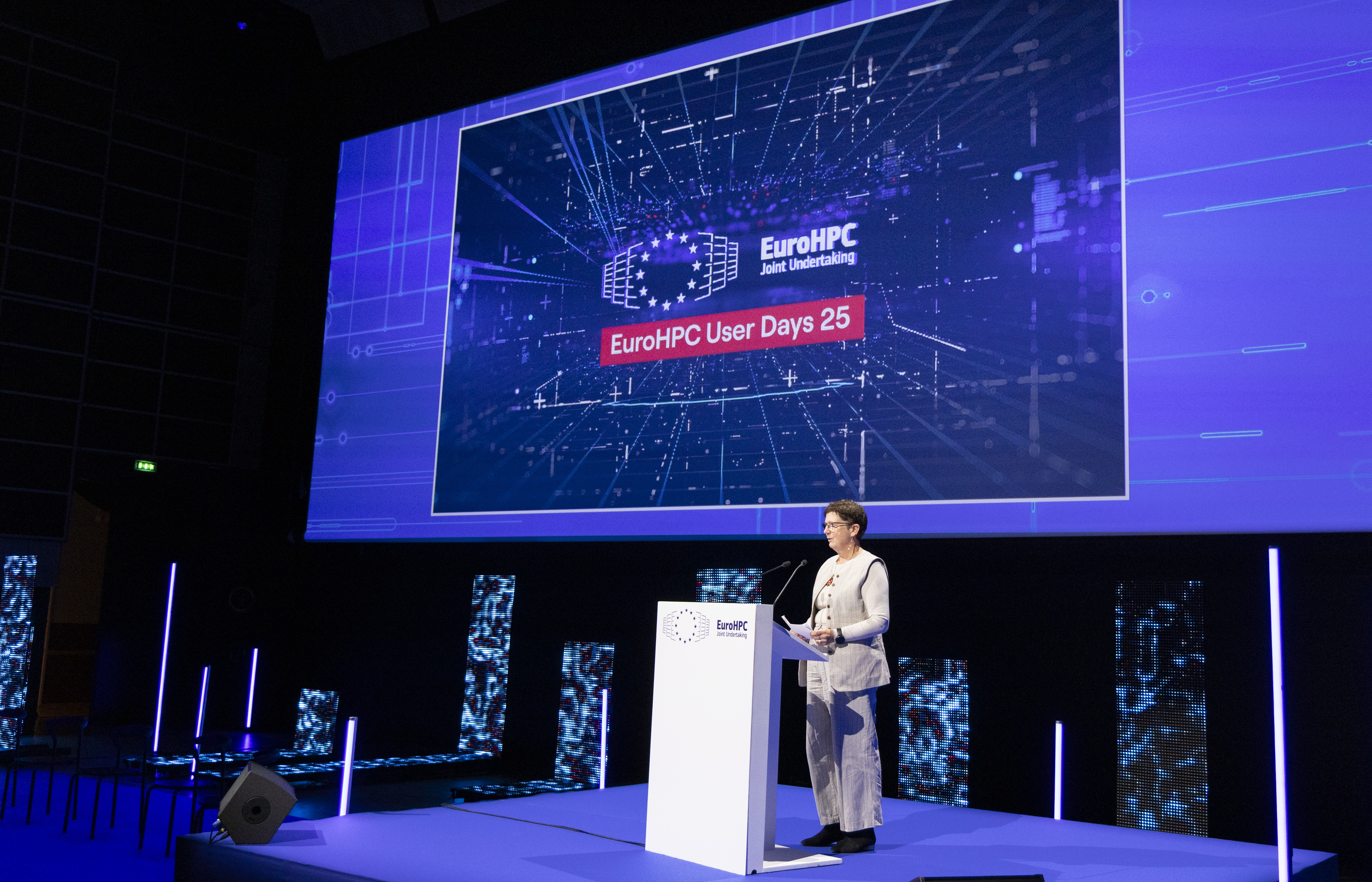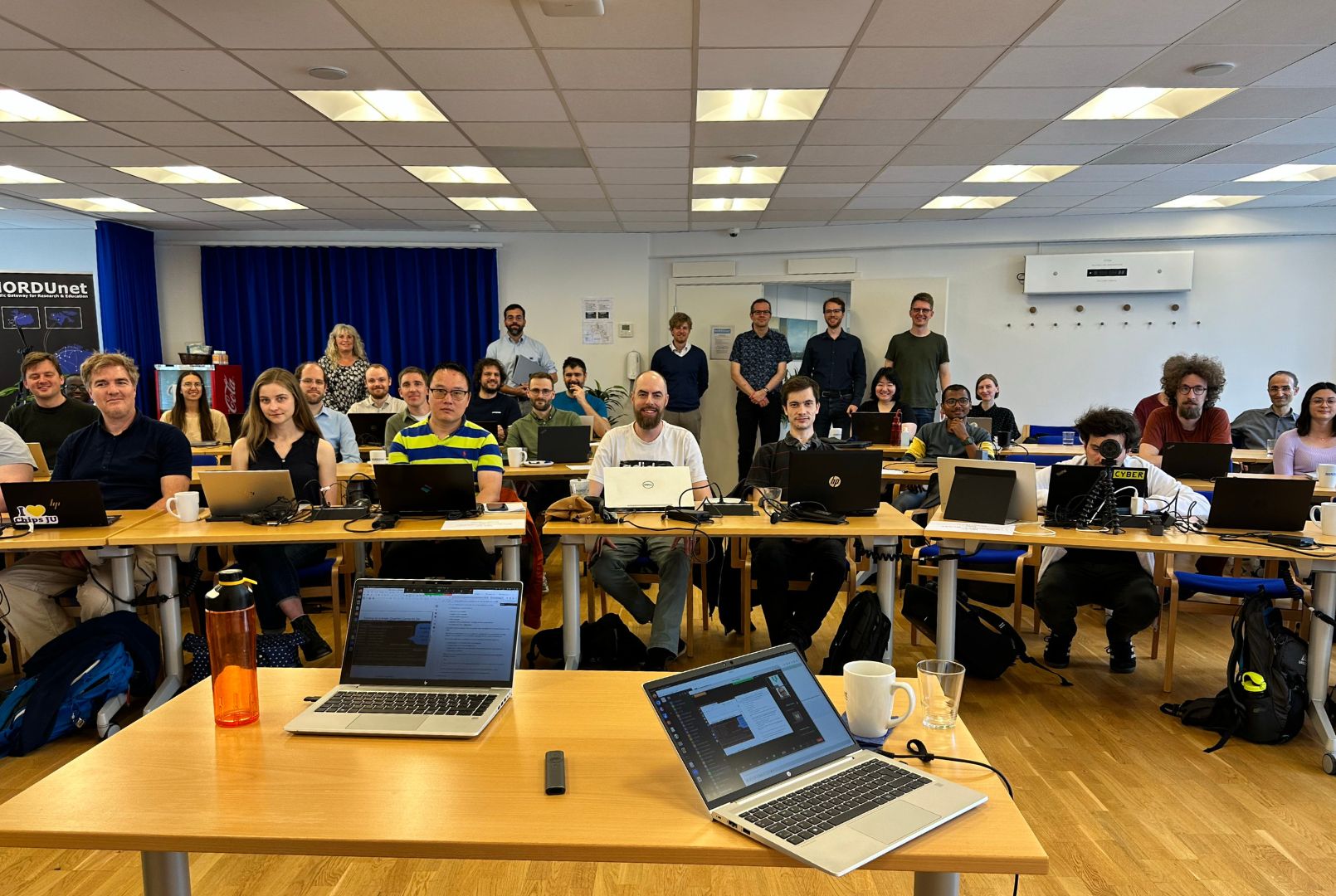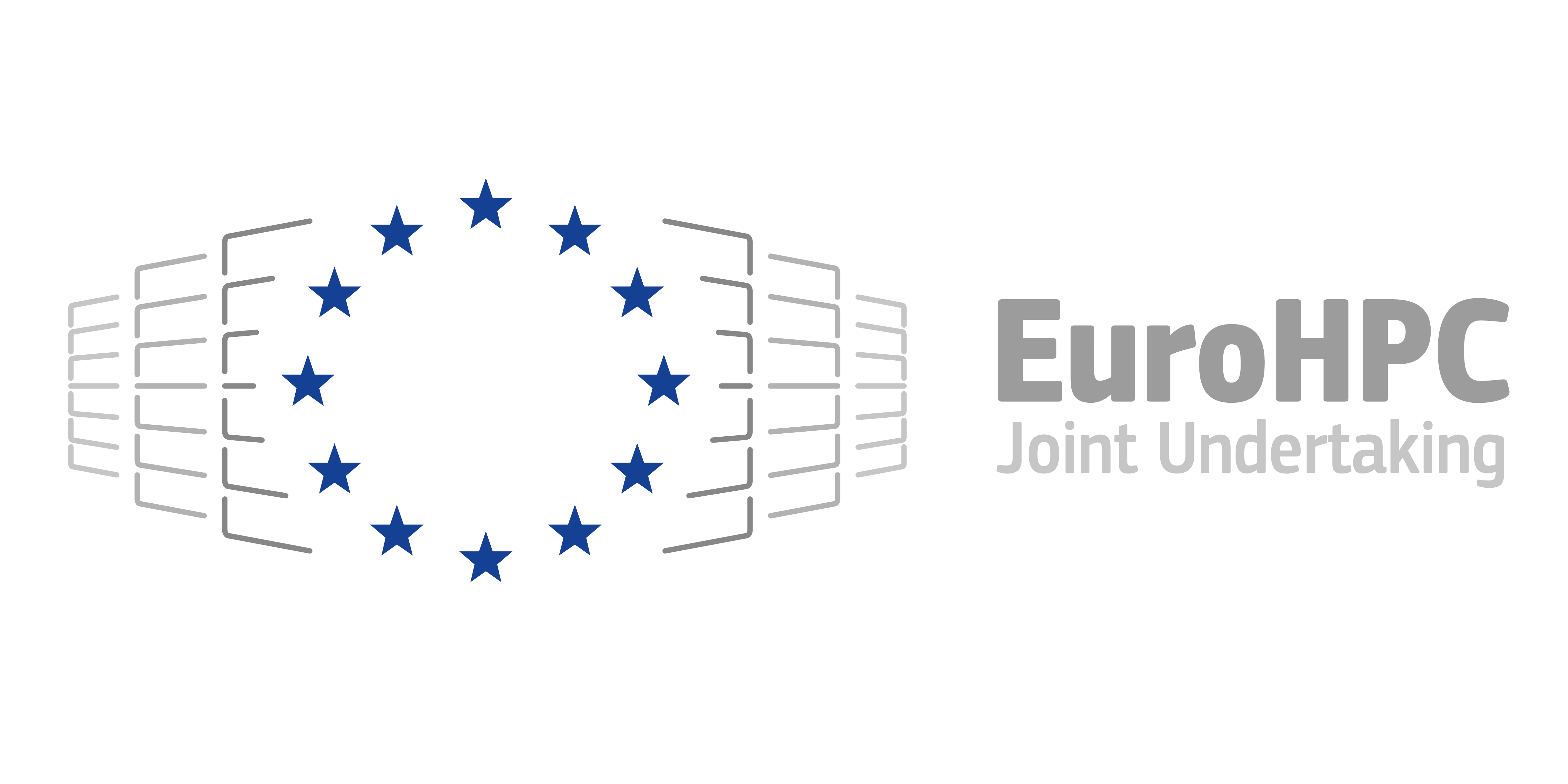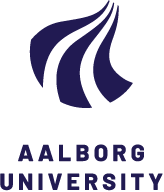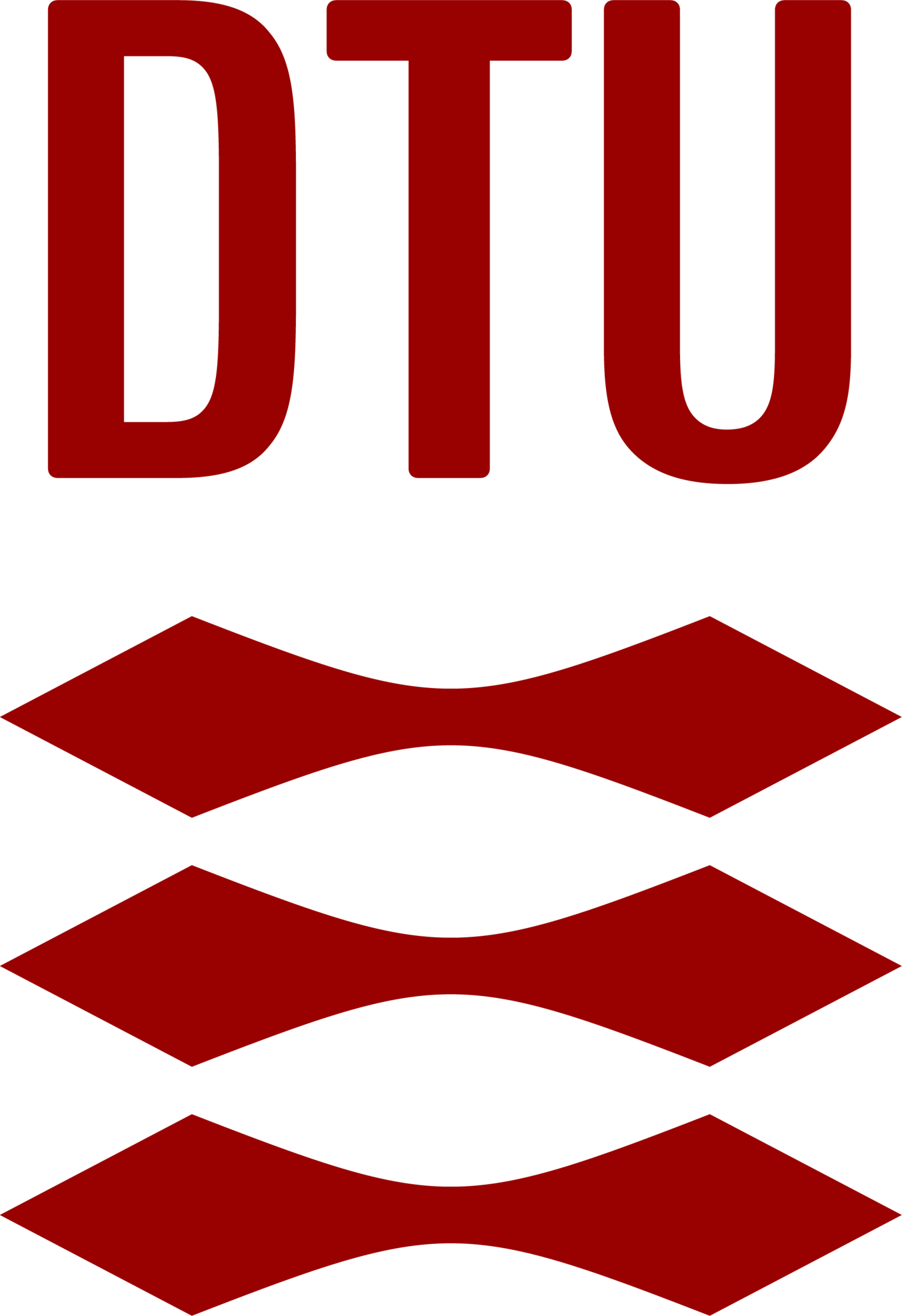As a researcher at a Danish university, you have various options for gaining access to computing power at both Danish and international HPC facilities. Read more on how to apply here.
For interested parties from the Danish business segment and public administration, you can find information on access to the European supercomputers within our project here. Contact us and we will give you personalised advice based on your needs and requirements.
LUMI, Finland
Both AMD GPU and AMD CPU partitions. One of the pre-exascale machines with a focus on performance for AI, ML, and classic simulations, while running on a big number of nodes.
Leonardo, Italy
Intel CPUs with NVIDIA GPUs. One of the pre-exascale machines with a focus on performance for AI, ML, and classic simulations, while running on a big number of nodes.
MareNostrum 5, Spain
Intel CPUs with NVIDIA GPUs. One of the pre-exascale machines with a focus on performance for AI, ML, and classic simulations, while running on a big number of nodes.
MeluXina, Luxembourg
Only system with an FPGA partition. It also contains nodes with 4 NVIDIA GPUs. If you need FPGAs, this is your system.
Karolina, Czech Republic
AMD CPU nodes and GPU nodes with 8 NVIDIA GPUs. The amount of GPUs per node makes it a good machine for AI/ML.
Discoverer, Bulgaria
Classic HPC system with only AMD CPUs. Mainly for users who have not optimised their code towards accelerators.
Vega, Slovenia
CPU partition with AMD CPUs and GPU partition with 4 NVIDIA GPUs per node. A very generic HPC system with different capabilities.
Deucalion, Portugal
Mainly focused on Fujitsu ARM CPUs, with some AMD CPU and NVIDIA GPU nodes. Recommended for users with experience and willingness to try new platforms.
Jupiter, Germany
Applications include the training of large neural networks, e.g. language models in AI, simulations for development of functional materials, creation of digital twins of human heart or brain for medical purposes, validation of quantum computers and high-resolution climate simulations.
